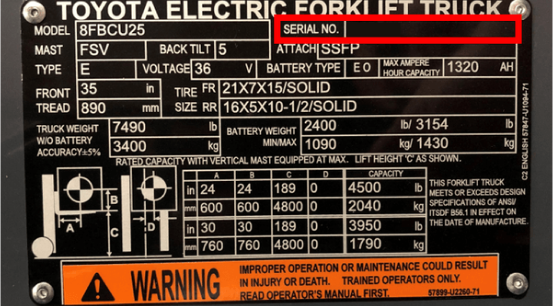What is Toyota Lean Management?

In today's market, where increased customer demand and high competition are prevalent, businesses must focus on developing processes that enhance operational efficiency and ensure consumer satisfaction.
One effective solution is Toyota Lean Management (TLM). Building on the principles of the renowned Toyota Production System (TPS), which targets waste reduction in manufacturing, TLM extends this concept further. TLM helps organizations identify key pain points and eliminate waste across all areas of operation, not just in manufacturing. By adopting lean management strategies, businesses can streamline their processes and boost overall efficiency.
Developed at Toyota, the goal of TLM is to provide the highest quality product at the lowest cost, and with the shortest lead time possible. It can be helpful to think of TLM as a house, with the roof representing business goals, and the remaining pieces of the structure demonstrating the elements needed to achieve the goals. To build an unwavering property, you will need four walls, a roof, pillars, and a solid foundation.
Ready to put this plan into action? Here is a list of the elements you will need to build a strong house -The Toyota Way.
Lean Warehouse Operations with TLM and 5S
1. Lean Management Foundation
Before you can begin building a home, you need to start with a solid foundation. To ensure your process increases in efficiency and productivity, you’ll need to make sure you have the proper pieces so every individual in your organization understands the expectations of going lean.
5S/2S
A key component to Toyota’s Lean Manufacturing methodology is 5S. This system aims to improve the bottom line by creating workspaces that are free from clutter to increase productivity, safety, efficiency, and employee satisfaction. Here are the five steps, each of which represents a key step in building your strong TLM foundation:
- Sort
- Set in Order
- Shine
- Standardize
- Sustain
Toyota Core Values
Have you ever heard the saying “there’s no ‘I’ in team?” Lean isn’t just about identifying where you can do better; it’s about instilling a culture of respect and developing an environment that employees enjoy working in. This is because success isn’t achieved alone. Achieving business goals and a leaner manufacturing process requires dedication and teamwork from each individual on the team. Likewise, encouraging open communication, generosity, creativity, and practicality ignites individuals to innovate and stay ahead of the curve.
2. The Pillars of Lean Management
Just as a house can’t stand without pillars, a manufacturing process can’t become better without the structure that keeps it standing.
Just-in-Time
The just-in-time (JIT) concept stresses the importance of delivering only the materials necessary promptly. Employing a JIT inventory management strategy for your operation allows for waste reduction, and increased efficiency, which reduces inventory costs.
Jidoka
Jidoka, which is translated as “automation with a human touch” means that once a problem occurs in the process, humans are empowered to stop production. This prevents defective products from being produced. Stalling production during these times decreases inventory costs as well as warehouse space.
Together, combining quality production with timely delivery allows your business to move closer to its goals.
3. Support Beams
Before finishing the roof, a house requires an additional beam to ensure the structure is sound. Kaizen, which translates to “continuous improvement,” stresses the idea that no process is perfect and challenges should be welcomed. Each day, improvements can be made to the process or product to create an operation that is more efficient than the day before. Doing so can result in substantial cost and time savings as well as helping the organization, team members, and individuals increase their performance.
4. Roof (Eliminating Waste)
Building the roof is the final touch in completing the House of Toyota. Without a roof, the house is an incomplete structure that never reaches its full potential. Without establishing clear goals for your organization, your operation can never reach new heights, and you can miss out on many growth opportunities. Working toward your goals also means identifying anything that doesn’t add value to your business. The Japanese term muda refers to eliminating excess inventory, overproduction, and quality issues to reduce your operational costs. Additionally, your business can achieve a streamlined operation by focusing on your main business core: your customer. Placing the customer at the heart of your daily operations by providing products of the utmost quality, in the shortest amount of time, is critical to achieving a lean warehousing or logistics operation process as well as satisfied customers.
Ready to elevate your warehouse operations with Toyota Lean Management? Contact your local Toyota Dealer today to discover how you can achieve peak efficiency and success.


